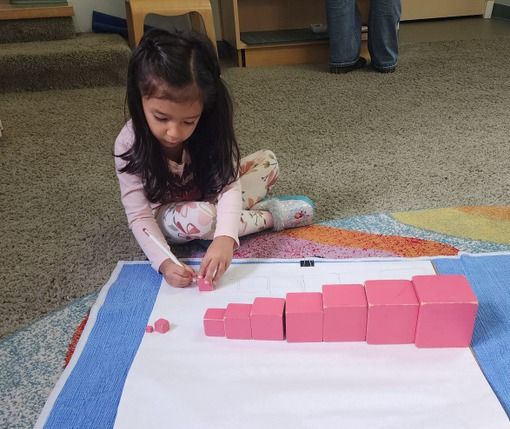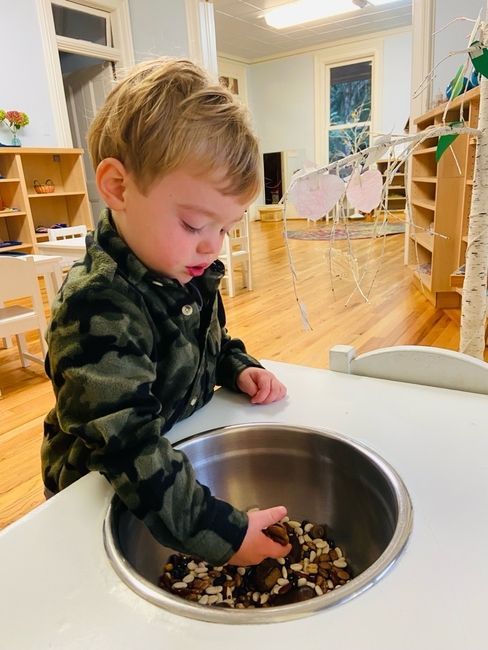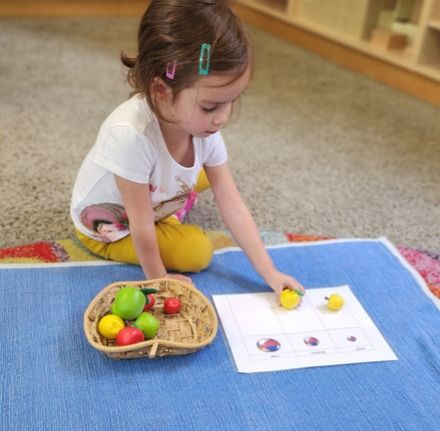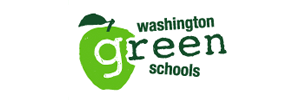Montessori
The Montessori Approach
Maria Montessori was clearly ahead of her time, and her core principles—that effective learning is self-directed and calls for the development of the whole person—uniquely prepares your child for our fast-changing world.
Montessori education is designed to help your child maximize potential. We provide an educational environment that is purposefully designed to meet your child’s unique developmental characteristics, with adults who are specifically trained to observe and put your child in touch with exactly what is needed at that very moment to learn.
At its core, Montessori education is an elegantly simple way of being with children that allows individual children to develop fully into the person they are destined to be. Just as you make every effort to ensure your home is loving and safe – so your child feels secure and well-adjusted – we work diligently to ensure the physical environment, the teachers, and the student community will meet your child’s needs with respect and support at each step through this educational journey.





